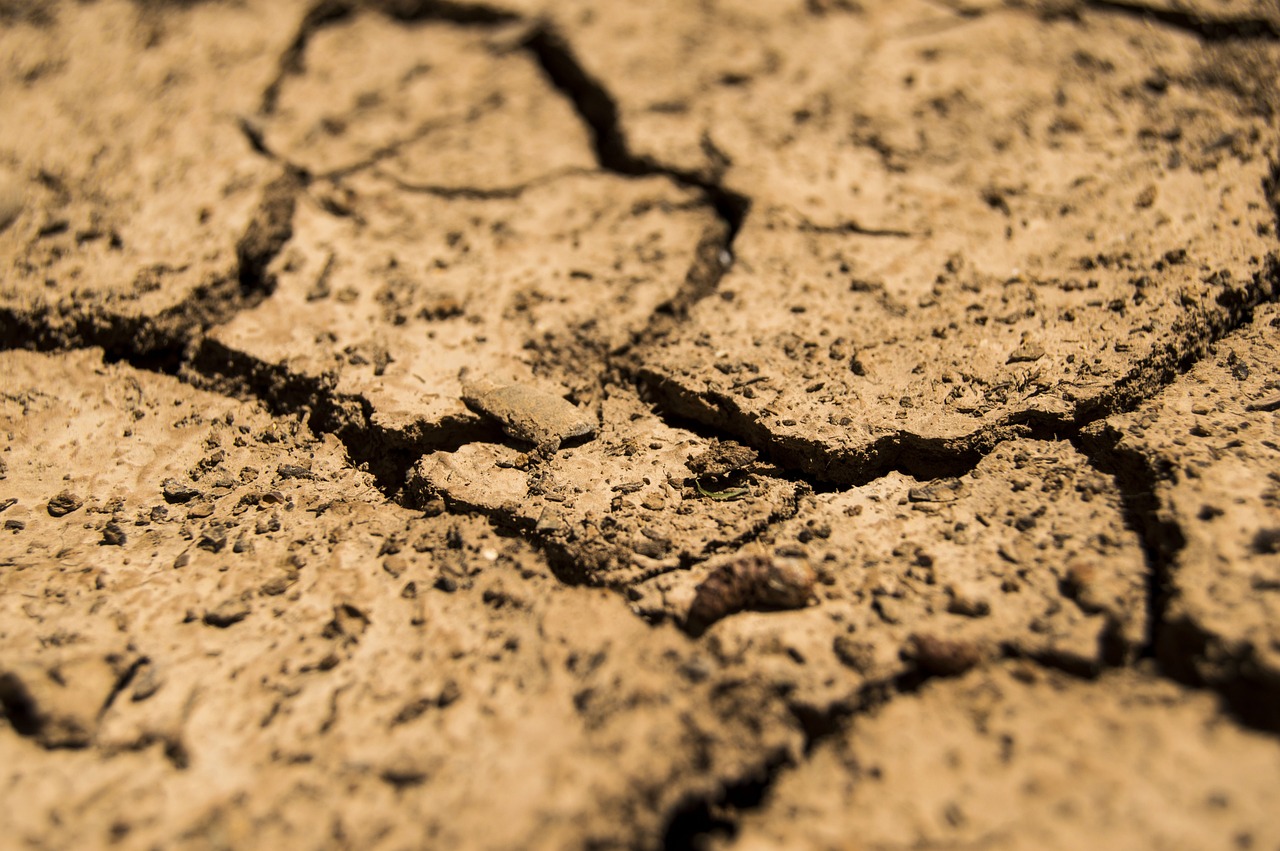Article Title:Excavation Programmes for the Public: A Comparative Study of Mock Excavation Programmes in South Korea and Amateur and Community Archaeology in the UK
Abstract:
The concept and practice of 'Public Archaeology', in the broadest sense, were conceived and developed in the West and then introduced to and applied by other parts of the world. Among its various facets are excavation programmes for the public. This article focuses on and compares South Korea's and the UK's excavation systems for the public to examine cases of similar and different public archaeology practices around the world. In South Korea, excavations are strictly governmental, professional, and academic, and thus 'mock excavation' programmes were developed to enable children to experience replicated excavation sites. In the UK, excavations have been led by interest groups since the nineteenth century. Today, participants in these interest groups are commonly referred to as amateur or community archaeologists and they participate in real archaeological excavations. This study compares the two countries' approaches and systems with motivations to underpin how and why public archaeology practices can fundamentally differ according to internal circumstances and contexts. The aim is to point out how public archaeology practices inevitably become shaped by national and practical scopes and limitations.
Keywords: 'Mock excavations'; amateur archaeology; community archaeology; national archaeology; digging; interactive learning
DOI: 10.1080/14655187.2024.2355730
Source:PUBLIC ARCHAEOLOGY
Welcome to correct the error, please contact email: humanisticspider@gmail.com



